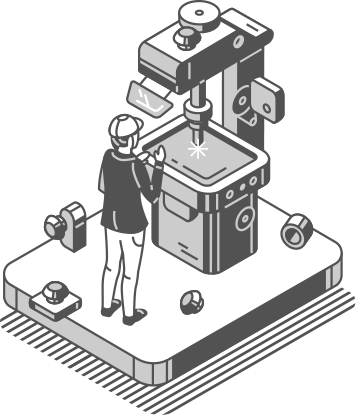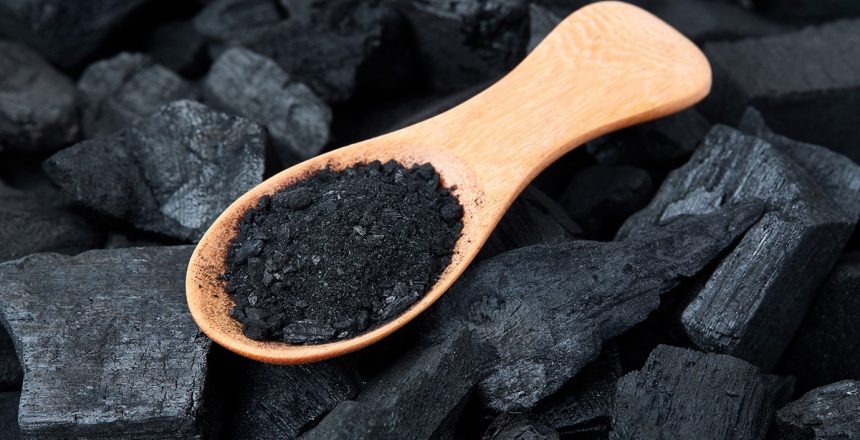The Navarre-based company Envirohemp, which specializes in biomass production, will receive one million euros from the CDTI to manufacture a modular plant for the regeneration of spent activated carbon from the water treatment industry. It is one of the fourteen initiatives selected in the first call of the CDTI Seal of Excellence SME Aid Program.
The CDTI, an entity dependent on the Ministry of Science and Innovation, selected an innovative project of the Navarre-based company Environhemp for the regeneration of coal within the framework of the first CDTI Seal of Excellence SME Aid Program. ‘Modular plant for the regeneration of spent activated carbon from the water treatment industry: pioneering solution for continuous and onsite electroregeneration’, is an initiative led by the company Envirohemp, based in Puente la Reina, southwest of Pamplona, and dedicated to the revalorization of agroforestry waste.
Specifically, the project launched by the firm will receive 1 million euros in partial annual disbursements until 2025. This call, aimed at SMEs, provides funding for innovation and development projects or feasibility studies that have previously obtained the Seal of Excellence certification in the EIC Accelerator instrument of the EU Framework Program for Research and Innovation for the period 2021-2027, Horizon Europe. In this sense, it finances research and development activities of annual or multiannual duration, starting on January 1, 2022 and ending on December 31, 2025.
About Envirohemp
Envirohemp was founded in 2015 as part of the innovation incubator program of the European Business and Innovation Center of Navarra (CEIN), initially dedicated to the manufacture of activated carbon from agroforestry waste through a hemicellulose fragmentation process.
In recent years, they have participated in several European projects such as EUCALIVA (EUCAlyptus LIgnin VAlorisation for Advanced Materials and Carbon Fibres), for the development of a lignin valorization system for the production of carbon fibers, LIGNOFOOD to design a sustainable process for the production of ingredients from industrial hemp, or BeonNAT, which proposes to use marginal lands in Europe to obtain forest biomass.




